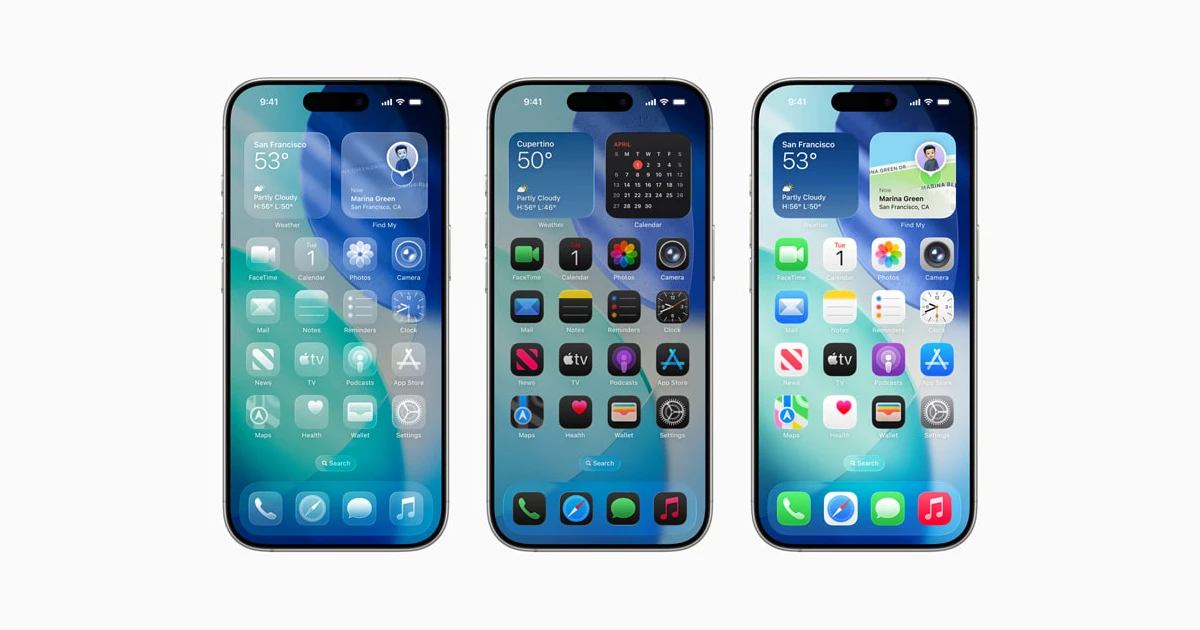The event happened a few days after Senator Josh Hawley announced an investigation into Meta as a result of a report that found its AI chatbots were interacting improperly with children.
The Texas Attorney General’s office has accused Meta and Character.AI of developing AI persons that present as “professional therapeutic tools, despite lacking proper medical credentials or oversight.”
Along with millions of AI persons available on Character.AI, one of the users has also created a bot called Psychologist that has seen high demand among the startup’s young users. At the same time, Meta no longer offers therapy bots for kids, yet there is nothing stopping children from using the Meta AI chatbot or one of the personas that have been created by third parties for therapeutic reasons.
A Meta spokesperson reported for TechCrunch that “We clearly label AIs, and to help people better understand their limitations, we include a disclaimer that responses are generated by AI — not people,” adding. “These AIs aren’t licensed professionals, and our models are designed to direct users to seek qualified medical or safety professionals when appropriate.”
Yet, as it can be expected, such disclaimers might not even be taken into account by children or dismissed.
For its part, the character includes prominent disclaimers in every chat in order to remind users that a “Character” is not a real person and everything they say should be treated as fiction, according to a Character.AI spokesperson. She also noted the fact that the startup comes with additional disclaimers when users create characters with the words “psychologist”, “therapist”, or “doctor,” in order not to rely on them for any type of professional advice.
In his statement, Paxton also mentioned that he observed that though AI chatbots assert confidentiality, as their “terms of service reveal that user interactions are logged, tracked, and exploited for targeted advertising and algorithmic development, raising serious concerns about privacy violations, data abuse, and false advertising.”
According to Meta’s privacy policy, Meta collects prompts, feedback, and interactions with AI chatbots and across Meta services to “improve AI and related technology.”. However, the policy does not explicitly say anything about advertising; rather, it states that information can be shared with third parties, such as search engines, in order to create more personalized outputs. More so that this policy also applies to all users, even teenagers.















